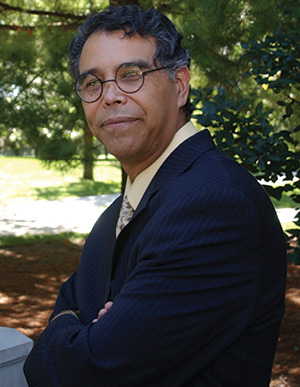 Hector Avalos, Professor of Religious Studies at Iowa State University
Hector Avalos, Professor of Religious Studies at Iowa State University
Response by Jennifer Harvey, Associate Professor of Religion, Drake University
Thursday, February 14 6:30 p.m., Olin 101
A number of prominent writers have claimed that Christian and biblical ethics were ultimately responsible for the abolition of slavery in Africa and the New World. Dr. Hector Avalos, in contrast, argues that biblical arguments against slavery began to be abandoned by abolitionists themselves because the pro-slavery side actually had an advantage in biblical support for slavery. Thus, more secularized forms of argumentation, which rested on universalized humanitarian and legal premises, became more attractive in abolitionist movements.
Dr. Hector Avalos is Professor of Religious Studies at Iowa State University, where he was named Professor of the Year in 1996, and a 2003-04 Master Teacher. Born in Nogales, Sonora, Mexico, Dr. Avalos received his B.A. in Anthropology from the University of Arizona in 1982, a Master of Theological Studies from Harvard Divinity School in 1985, and Ph.D. in biblical and Near Eastern Studies from Harvard in 1991. He is the author or editor of nine books, including Fighting Words: The Origins of Religious Violence (2005), and The End of Biblical Studies (2007).
Download Prof. Avalos’s presentation
Listen to audio of Avalos’s lecture:


